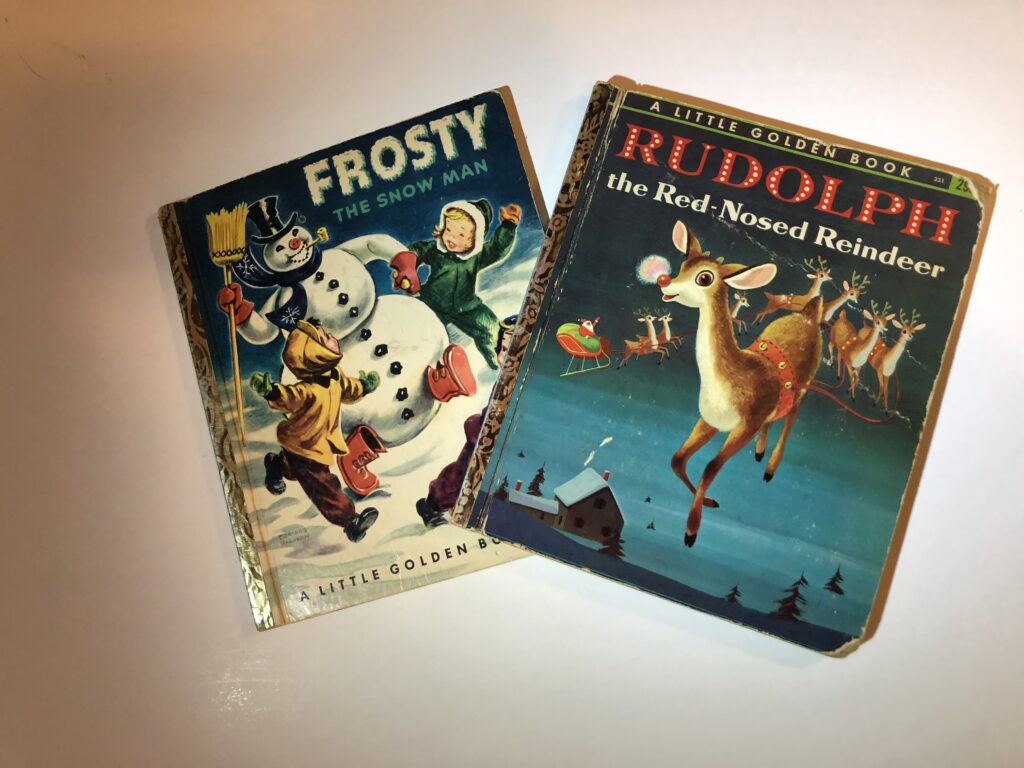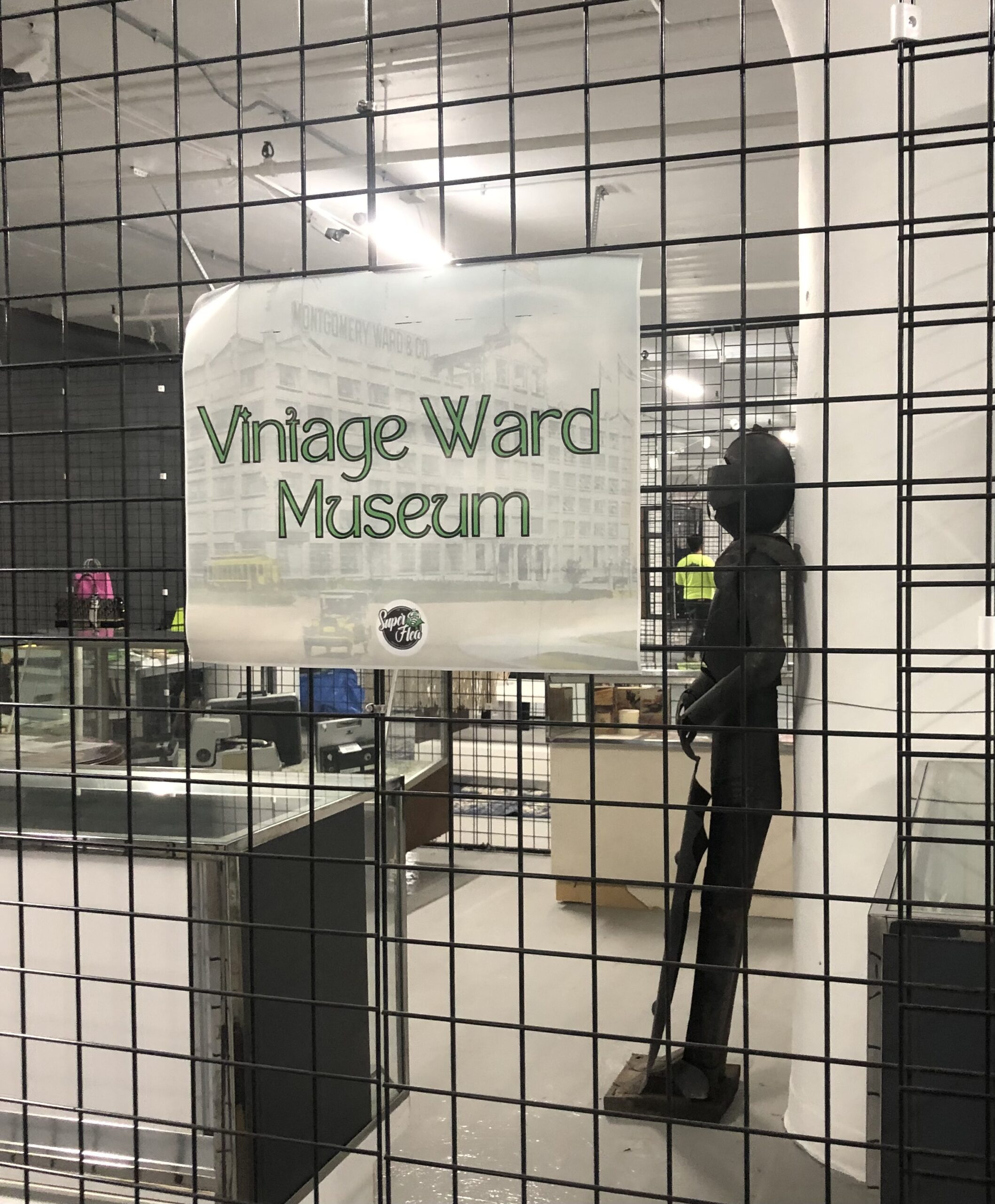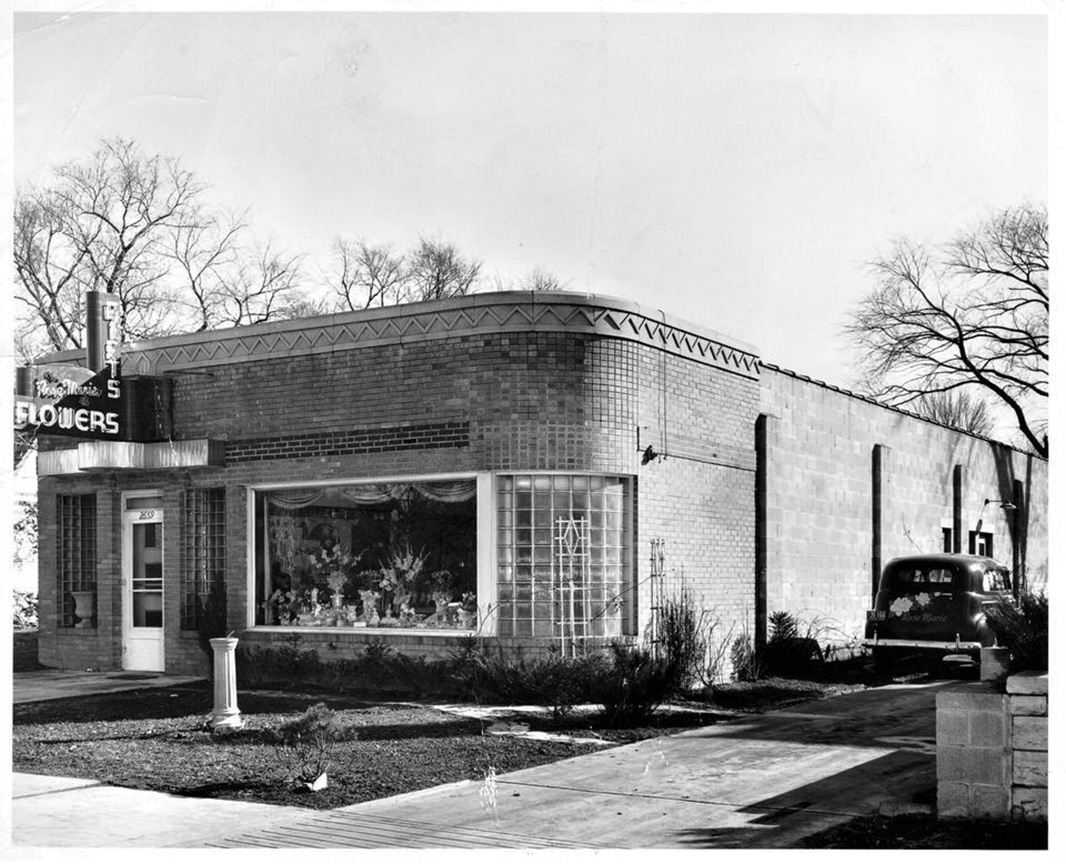
By Dorri Partain
Long before these Christmas-time favorites starred on television, Rudolph and Frosty each told their story in Little Golden Books.
Since 1942, Little Golden Books have been a staple on the childhood bookshelf. First priced at 25 cents, the series also introduced long-time favorites “The Pokey LIttle Puppy,” “Scuffy the Tugboat,” “Tootle,” and “The Saggy Baggy Elephant.”
Written as a 32-page poem by Robert L. May and illustrated by Denver Gillen, “Rudolph the Red-Nosed Reindeer” was first published in 1939 as a promotional giveaway to children visiting Santa at Montgomery Wards department stores. May worked as a copywriter in Wards’ catalog division in Chicago. He had a four-year-old daughter and a wife ill with cancer when he created Rudolph.
The book was an instant hit, with nearly 2.5 million distributed nationwide the first year. The book was distributed again the following year before Montgomery Wards moved on to a new campaign, leaving May with the sole rights to the character.
A decade later, Rudolph regained his popularity when May’s brother-in-law Johnny Marks composed the same titled song that was recorded by singing cowboy Gene Autrey. The song topped the chart in 1949, selling 25 million copies.
The following year, Autrey was looking for another holiday song when songwriters Walter “Jack” Rollins and Steve Nelson approached him with their new tune, “Frosty the Snowman.” Joined by Autrey’s Cass County Boys, the song was a hit, with Autrey’s version outselling additional versions by Jimmy Durante, Nat King Cole, and Guy Lombardo.
Little Golden Books published “Frosty The Snow Man” in 1951. Written by Anne Bedford, with illustrations by Corrine Malvern, the story expands on the song as Billy, Sally, Tommy and Joe build Frosty, then take him around town after he comes to life. Frosty’s story was expanded again in 1969 in a 30-minute cartoon special produced by Rankin/Bass Productions.
Published in 1958, “Rudolph the Red-Nosed Reindeer” Little Golden Book’s version was written by Barbara Shook Hazen and illustrated by Richard Scarry, who would go on to illustrate numerous book titles for children.
In 1964, Rudolph appeared in Videocraft International’s stop-motion Christmas television special, featuring new characters Hermie the Elf and Yukon Cornelius.
Little Golden Books still publishes both Frosty and Rudolph titled books, using the more familiar character versions introduced in the television programs.
















